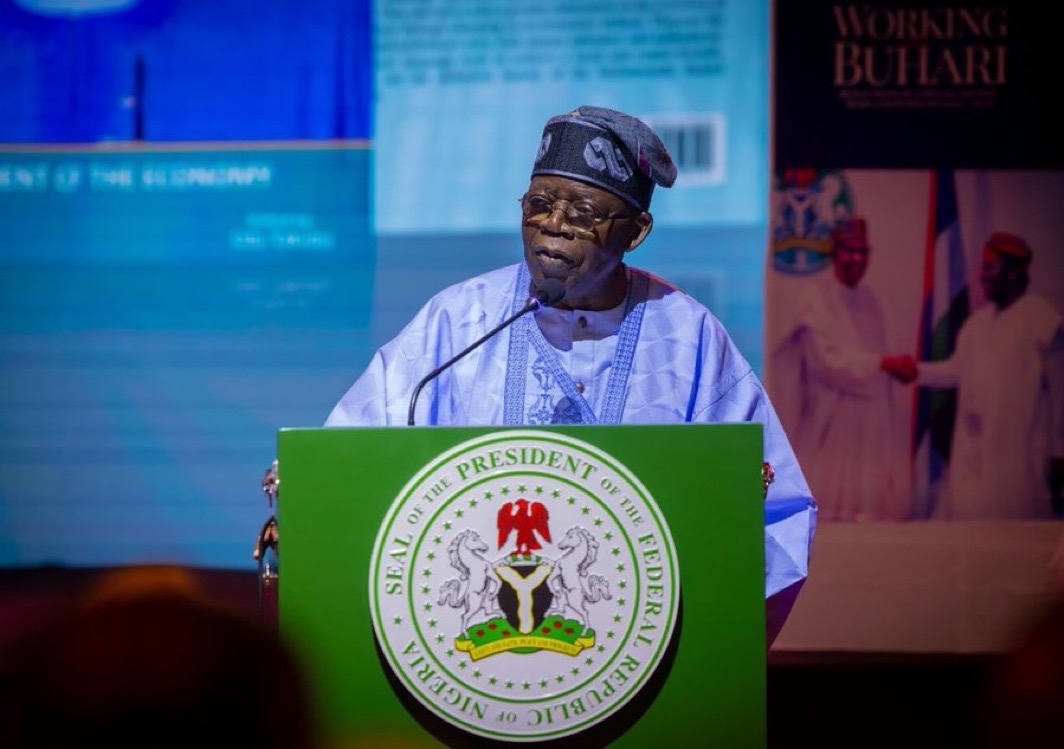National
Nigeria’s Debt Rises Again: World Bank to Approve $632M Loan for Key Sectors

The World Bank is expected to approve new loans totaling $632 million for Nigeria today, Monday, despite concerns over the country’s increasing debt burden. The financial assistance is aimed at addressing key sectors, including nutrition and basic education, as the country grapples with economic challenges.
The loans come at a time when Nigeria’s debt profile continues to grow, raising worries among economists and policy analysts about the nation’s long-term financial sustainability. The World Bank’s support is intended to improve critical areas such as malnutrition and access to quality education, which remain significant issues in the country.
A substantial portion of the funds will go toward enhancing nutrition programs, particularly for vulnerable populations, including children and pregnant women. Malnutrition remains a pressing concern in Nigeria, with millions of children suffering from stunted growth due to inadequate nutrition. Experts have long called for increased investment in food security and healthcare programs to combat the crisis.
Another key area of focus is the improvement of basic education. Nigeria has one of the highest rates of out-of-school children globally, with millions of children unable to access quality education due to poverty, insecurity, and inadequate infrastructure. The loan is expected to fund initiatives aimed at expanding access to education, improving learning conditions, and training teachers to enhance the quality of instruction.
The decision to grant these loans, however, has sparked debate over Nigeria’s rising debt levels. The country has increasingly relied on external borrowing to finance various developmental projects, leading to concerns about debt servicing costs and the sustainability of its economic policies. Critics argue that Nigeria’s dependence on loans may create long-term economic instability if not managed properly.
Nigeria’s total public debt stood at over $100 billion as of 2024, with external borrowing accounting for a significant portion. The government has defended its borrowing strategy, stating that the funds are necessary to drive economic growth, fund infrastructure projects, and improve social services. Officials argue that these loans will contribute to long-term development and alleviate some of the country’s pressing challenges.
The World Bank has been a key financial partner for Nigeria, providing billions of dollars in loans and grants over the years. The institution’s funding has supported various programs, including poverty reduction, healthcare, and education. While the latest loans are expected to bring much-needed relief in critical sectors, the debate over Nigeria’s borrowing practices is unlikely to subside anytime soon.
As the World Bank prepares to finalize the approval, analysts will be closely watching how the Nigerian government allocates and manages the funds. The effectiveness of the loans in achieving their intended objectives will be a crucial factor in determining whether Nigeria can strike a balance between development financing and debt sustainability.

 Health6 days ago
Health6 days agoFCT Minister Nyesom Wike Allegedly Collapses During Meeting in Abuja, Reportedly Flown to France for Treatment

 National7 days ago
National7 days agoMaclver Applauds Tinubu for Signing South-South Development Commission Bill Into Law

 Politics6 days ago
Politics6 days agoEx-Rivers State Head of Service Allegedly Coerced to Accuse Suspended Governor Fubara, Says Wife

 News4 days ago
News4 days agoTwo Children Killed, 22 Injured in Stampede at Gombe Eid Ground

 Politics2 days ago
Politics2 days agoRecalling a Nigerian Lawmaker Is as Complex as Holding Three Elections, Says Former INEC Official

 Sports4 days ago
Sports4 days agoNSC Chairman Shehu Dikko to Inaugurate Niger Delta Sports Festival as Commission Backs Initiative

 Business6 days ago
Business6 days agoPetrol Price Shock: Private Depots Hike Fuel to N900/Litre Amid Global Oil Surge

 News6 days ago
News6 days agoIMN Condemns Clash Between Shiite Members and Soldiers in Abuja, Denies Provocation
















